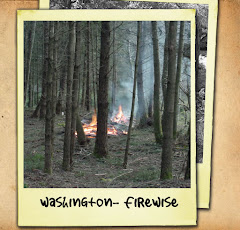Southeast Washington Regional Multi-Hazard Mitigation Plan
Dayton Open House – March 9, 3:00-4:00 pm, Seneca Building, Dayton
Starbuck Open House – March 9, 6:30-7:30 pm, City Hall, Starbuck
Public input is being sought in order to better frame the region's efforts for hazard reduction projects, resouce enhancements, and emergency prepardness.
Learn about the hazards and potential mitigation projects that have been identified in our County.
Discuss your priorities for how our community can best reduce the impacts of these events.
There will be a slideshow presentation delivered by Northwest Management, Inc and a question and answer period to follow.
For more information, contact Columbia County Emergency Management at 509-382-2534.







